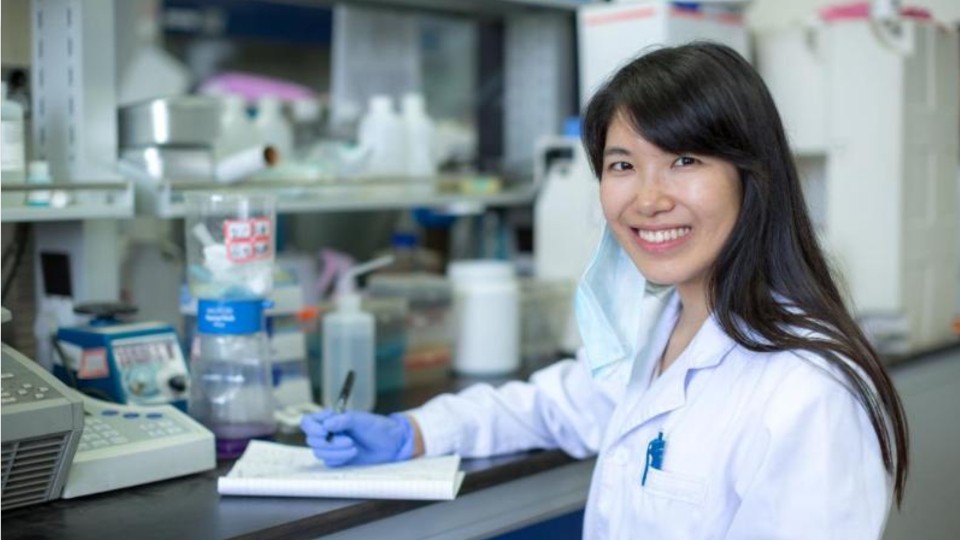Medical & Clinical Laboratory Technicians
Laboratory Assistant (Lab Assistant), Laboratory Technician (Lab Tech), Medical Laboratory Technician (MLT), Medical Laboratory Technicians (Medical Lab Technician)
What they do:
Perform routine medical laboratory tests for the diagnosis, treatment, and prevention of disease. May work under the supervision of a medical technologist.
On the job, you would:
- Conduct chemical analyses of body fluids, such as blood or urine, using microscope or automatic analyzer to detect abnormalities or diseases and enter findings into computer.
- Analyze the results of tests or experiments to ensure conformity to specifications, using special mechanical or electrical devices.
- Set up, maintain, calibrate, clean, and test sterility of medical laboratory equipment.
Knowledge
Math and Science
- biology
- chemistry
Arts and Humanities
- English language
Business
- customer service
- administrative services
Safety and Government
- public safety and security
Skills
Basic Skills
- listening to others, not interrupting, and asking good questions
- reading work related information
Problem Solving
- noticing a problem and figuring out the best way to solve it
Abilities
Verbal
- communicate by speaking
- listen and understand what people say
Hand and Finger Use
- put together small parts with your fingers
- hold or move items with your hands
Ideas and Logic
- notice when problems happen
- order or arrange things
Attention
- pay attention to something without being distracted
Personality
People interested in this work like activities that include practical, hands-on problems and solutions.
They do well at jobs that need:
- Attention to Detail
- Dependability
- Integrity
- Independence
- Analytical Thinking
- Cooperation
Technology
You might use software like this on the job:
Medical software
- Electronic medical record EMR software
- MEDITECH software
Word processing software
- Google Docs
- Microsoft Word
Electronic mail software
- Email software
- Microsoft Outlook
Education
Education: (rated 3 of 5)
bachelor's degree or
associate's degree
usually needed
associate's degree
usually needed
Job Outlook
Bright
New job opportunities are very likely in the future.
Explore More
- Cardiovascular Technologists & Technicians
- Cytogenetic Technologists
- Histology Technicians
- Histotechnologists
- Medical & Clinical Laboratory Technologists
You might like a career in one of these industries:
See more details at O*NET OnLine about medical and clinical laboratory technicians.





